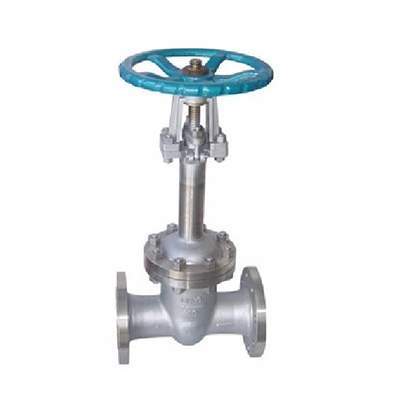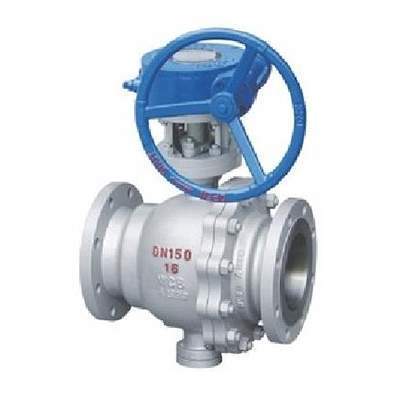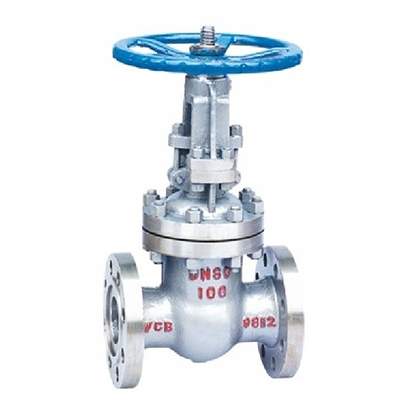Welcome to My Blog!
Before we dive into the content, if you’re interested in our products or have any questions, please feel free to visit our Contact Us page on the website. Our team is ready to assist you with inquiries, orders, or any support you may need.
Now, let’s get started on our journey together. I hope you find the content here insightful, engaging, and valuable.
A plumbing gate valve is a critical component in any residential, commercial, or industrial plumbing system. It allows precise control of water flow and provides reliable shut-off capabilities. Whether you are a homeowner, plumber, or facility manager, understanding plumbing gate valves is essential for maintaining efficient water systems. This guide will walk you through the types, applications, installation, maintenance, and latest industry insights related to plumbing gate valves.
What Is a Plumbing Gate Valve?

Definition and Basic Function
A plumbing gate valve is a valve that controls the flow of water through a pipe by lifting or lowering a gate inside the valve body. Unlike ball valves that offer quick on/off operation, gate valves are designed for gradual flow control and complete shut-off when needed.
How a Gate Valve Works
The valve operates using a threaded stem that moves the gate up or down. When fully open, the gate retracts entirely, allowing water to flow freely with minimal pressure loss. When closed, it forms a tight seal, preventing water from passing through.
Materials Used in Plumbing Gate Valves
Plumbing gate valves are commonly made from brass, stainless steel, or cast iron, depending on application requirements. Brass valves are ideal for residential plumbing due to corrosion resistance, while stainless steel is preferred for industrial applications requiring high durability and strength.
Types of Plumbing Gate Valves
Standard Gate Valves
Standard gate valves are manually operated and widely used in residential and commercial plumbing systems. They are suitable for water, oil, and gas lines where full shut-off is required.
Rising Stem vs Non-Rising Stem Gate Valves
Rising stem valves have a stem that moves up as the valve opens, providing a clear visual indication of the valve position. Non-rising stem valves do not show stem movement, making them ideal for spaces with limited vertical clearance.
Comparison with Other Valves
When compared to ball valves or globe valves, gate valves are preferred for applications that require minimal pressure drop and precise control. However, they are slower to operate and not ideal for throttling applications.
Pros and Cons of Each Type
Gate valves are durable and provide excellent sealing but can be prone to leakage if not properly maintained. Understanding the pros and cons will help you select the right valve for your system.
How to Choose the Right Plumbing Gate Valve
Factors to Consider
When selecting a plumbing gate valve, consider material, size, water pressure, and system application. Choosing the correct specifications ensures optimal performance and longevity.
Residential vs Commercial Use
Residential valves prioritize ease of installation and corrosion resistance, while commercial valves often require higher durability and compliance with industrial standards.
Brass vs Stainless Steel: Which Should You Choose?
Brass valves are cost-effective, corrosion-resistant, and suitable for most residential applications. Stainless steel valves offer higher pressure and temperature resistance, making them suitable for industrial or high-demand systems.
Installation Guide for Plumbing Gate Valves
Tools Required
- Pipe wrench
- Teflon tape or pipe sealant
- Screwdrivers (if needed for packing adjustments)
Step-by-Step Installation Instructions
- Turn off the water supply.
- Remove the old valve (if replacing).
- Clean pipe threads and apply Teflon tape.
- Thread the new valve into place and tighten securely.
- Turn on the water supply and check for leaks.
Common Mistakes to Avoid
- Over-tightening the valve, which may damage threads.
- Not aligning the valve properly with the pipe, causing stress on joints.
- Failing to test the valve under pressure before final use.
DIY vs Hiring a Professional Plumber
Simple residential installations can often be handled by a knowledgeable DIYer. For high-pressure or industrial systems, professional installation is recommended to ensure safety and compliance.
Maintenance and Troubleshooting
How to Maintain Your Plumbing Gate Valve
Regularly operate the valve to prevent sticking, inspect for leaks, and lubricate the stem as needed. Maintenance extends valve life and ensures reliable operation.
Signs Your Gate Valve Needs Replacement
- Persistent leaks
- Difficulty turning the valve
- Corrosion on the valve body
- Loss of sealing efficiency
How to Fix Common Issues
- Leaks: Replace packing or tighten bonnet screws.
- Stiff operation: Lubricate the stem and remove mineral buildup.
- Corrosion: Consider upgrading to a stainless steel valve if in a corrosive environment.
Buying Guide for Plumbing Gate Valves

Best Brands and Suppliers
Some of the most reputable brands in plumbing gate valves include Apollo, Nibco, and Mueller. These brands offer a balance of quality, durability, and warranty coverage.
Online vs Offline Purchase
Valves can be purchased online through platforms like Amazon, Home Depot, or directly from manufacturers. Offline purchases allow hands-on inspection and immediate availability.
Warranty and Quality Checks
Always verify manufacturer warranties and certifications. Look for valves rated for water pressure, temperature, and corrosion resistance to ensure long-term reliability.
Conclusion
Plumbing gate valves are indispensable components in both residential and industrial water systems. Selecting the right valve, installing it properly, and maintaining it regularly ensures optimal performance and longevity. Whether you are replacing an old valve or designing a new plumbing system, understanding the types, applications, and maintenance requirements of plumbing gate valves is essential.
FAQ
What is a plumbing gate valve used for?
A plumbing gate valve is used to control the flow of water in a pipe, providing full shut-off when needed.
How does a plumbing gate valve work?
It operates by raising or lowering a gate inside the valve body, allowing water to flow or stopping it completely.
Can I install a plumbing gate valve myself?
Yes, for simple residential systems, DIY installation is possible. For industrial systems, professional installation is recommended.
What materials are plumbing gate valves made from?
Common materials include brass, stainless steel, and cast iron, chosen based on durability and corrosion resistance needs.
How do I maintain a plumbing gate valve?
Regularly operate the valve, inspect for leaks, and lubricate the stem as needed to ensure smooth operation and longevity.
For high-quality plumbing gate valves and expert guidance, check our product range or contact our team for professional advice.




